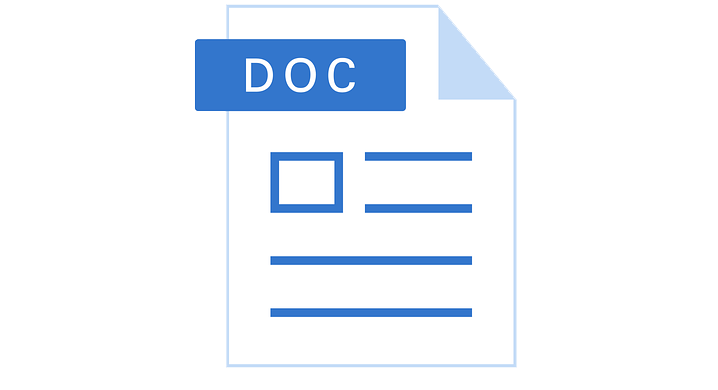Kompetensi Peradilan Tata Usaha Negara Terhadap Perihal Acara Pembuktian Dalam Sengketa Tata Usaha Negara
Kompetensi, Peradilan Tata Usaha Negara, Pembuktian
DOI:
https://doi.org/10.58705/jpm.v2i1.80Abstract
Indonesia is a legal state based on Pancasila with the aim of realizing a safe, prosperous and orderly life order for the nation and state as the legal position of citizens in society is guaranteed. The state is a power organization (political organization) led by a centralized government whose task is to defend the state, maintain public order and prosper all citizens. In its implementation, there are often disputes and disputes between the State Administration Agency and Officials and the citizens of the community. The dispute is resolved through the State Administrative Court. This paper discusses about the proving procedure in state administrative disputes. Because, as it is known that a very important problem in the law of proof is the problem of the burden of proof. The distribution of the burden of proof must be carried out fairly and impartially, because a one-sided distribution of the burden of proof means that a priori the party who accepts the burden that is too heavy falls into the abyss of defeat. Meanwhile, proving or providing evidence is by using certain evidence to provide a level of certainty that is in accordance with reasoning about the existence of the facts (laws) in dispute. It is stipulated in article 100 paragraph (1) of Law N0. 5 of 1986 concerning the State Administrative Court in the form of letters or writings, expert statements, witness statements, confessions of the parties and knowledge of judges.
Downloads
Published
How to Cite
License
Copyright (c) 2023 Jurnal Penelitian Multidisiplin

This work is licensed under a Creative Commons Attribution 4.0 International License.









